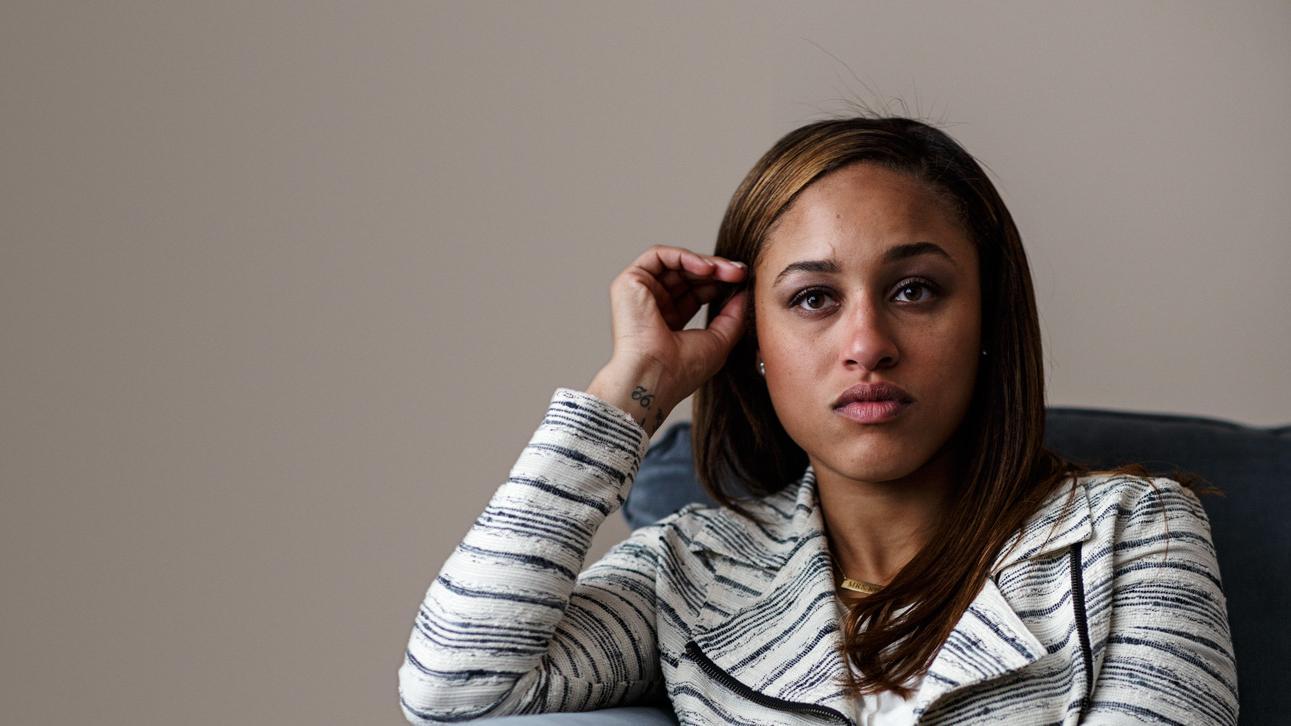DiGiorno Pizza is not to blame for the recent hashtag mix-up in which a social media manager accidentally used the hashtag #whyIstayed; and this is not a story about domestic violence, it is a story about the unfair expectations social media technologies place on brands and individuals. As Mashable reports, the whole incident began when a video surfaced earlier this week that showed Ray Rice beating the woman who later became his wife-Janay Rice. The media and online conversation quickly turned to raising awareness about domestic violence. That conversation is a good thing. To be clear: domestic violence is reprehensible, and any discussion of it should be focused on sensitivity and caring for the victims who have suffered from it. However, to reiterate: this is about social media expectations and how they differ from normal societal expectations around words and language because of the limitations of new technologies.
This is not the first time a hashtag has been accidentally misused. There are hundreds of examples, but one case happened when Entenmman’s Bakery inadvertently used the hashtag #notguilty to discuss how its customers felt about eating baked goods. Unfortunately for Entenmman’s, that hashtag happened to be the same one being used by people offended that Casey Anthony was found not guilty in the murder of her daughter, Kylie Anthony. Entenmman’s did not know that at the time, nor should they have to, because Entenmman’s, and every other company and person has the full right to use words and hastags as they wish. Companies and individuals do not have the time to keep track of all word combinations that exist in the English language and catalog what they might mean when combined at any given moment, to infinity, on Twitter.
Much of the consternation is hyped up not generally by most of the people using the hashtags, but by the media reporting upon the hashtag usage. But here is the thing: words are free. No one owns words, and companies and people are free to use them in any way they choose. Hashtags are also free. No one gets to claim them as their own, no matter how many people or news outlets agree that those particular words should mean a particular thing. The groupthink that has come to dominate the news stations’ reporting on social media has gotten completely out of control, and the media bullies who have decided that a certain group owns a certain hashtag at a certain moment, when in fact no group ever really owns any combination of non-trademarked words, are no different than the citizens of Salem Mass. who decided that the best way to find out if someone was a witch was to throw him or her into the lake with stones tied to his or her feet.
This is not to single out this particular incident; it is simply the latest to have occurred. Undoubtedly, the DiGiorno social media manager (who will probably now be fired because of an honest mistake), feels genuinely terrible about the gaffe. Whoever made the error should not be punished by the virtual lynch mob because he or she chose to use words the way he or she wanted instead of in the way that other people wished he or she would have.
With very few exceptions, words and word combinations should never be censored, policed, hijacked, controlled or otherwise commandeered by any person of group of people. Putting a little pound sign in front of the words does not change this core understanding of free speech. Words were, are and always will be free, and everyone is at liberty to exercise their use of words without being controlled by anyone else. If DiGiorno accidentally offended people by using words, they are not to blame. It was an accident. They have apologized, and that is as far as it should go. A hash tag mix-up that requires an apology, though, signifies a social media society too easily offended by inadvertent mistakes, and a culture far removed from the purpose of language itself.













